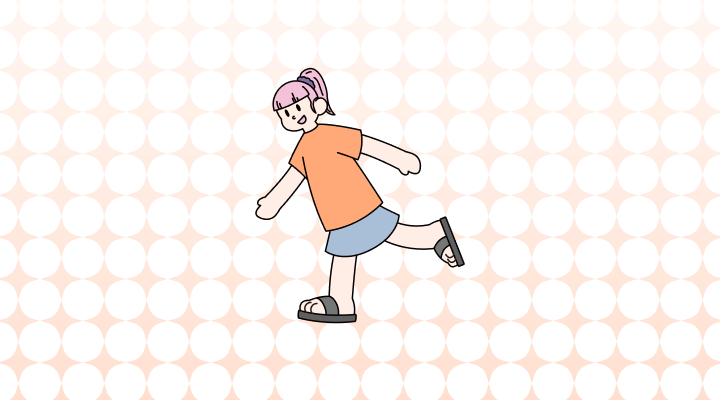- "Visting" is an incorrect spelling of the word "visiting."
- "Visiting" means going somewhere for a short time for leisure or business.
❌ Sarah is visting her friend in New York this weekend.
✅ Sarah is visiting her friend in New York this weekend.
How do you spell "visiting"?
The correct spelling is "visiting": V-I-S-I-T-I-N-G. The word is three syllables long. You can remember the spelling by sounding out "visit" and then adding on "-ing."
What does "visiting" mean?
"Visiting" is the "-ing" form of the verb "visit." It refers to the act of going somewhere temporarily, often to explore a new place or spend time with someone. When you go on vacation somewhere, you can say that you're "visiting a new city." Or, when you go see relatives in a different country, you can say that you're "visiting your relatives."
"Visiting" can also be used as an adjective that describes someone who is visiting, like a "visiting professor," a professor who is temporarily teaching at a university or college.
Common phrases using "visiting"
- Visiting hours: The designated times when people are allowed to visit patients in hospitals or other institutions.
- Visiting professor: A professor who is teaching courses or conducting research on a short-term contract.
- Visiting scholar: An academic or researcher from another institution who spends time at a different university for collaboration or academic purposes.
- Visiting team: A sports team that travels to the home team's location to compete.

The use of "visting" and "visiting" over time
The Ngram graph below shows how often "visiting" and "visting" have been used from the 1800s to the 2000s. The use of "visiting" has been steady, with a small increase in the last 30 years, while its misspelling "visting" has always seen nearly zero use.

How to pronounce "visiting"
In American and British English, "visiting" is pronounced like "vi·zuh·tuhng."
These are just the standard pronunciations, and there may be slight variations depending on regional accents and individual speech patterns.
Why would we misspell "visiting" as "visting"?
Simple Typos: It's easy to type the wrong thing, especially when typing quickly or without proofreading. In this case, some people may miss the second "i," leading to the misspelling "visting."
Phonetic Confusion: When spoken quickly, the "i" sounds may not be pronounced very clearly. Those relying on the pronunciation of the word may mistakenly think that there is no second "i" and misspell the word as "visting."
Enlist the help of an AI proofreader to ensure that your written work has no spelling or grammar errors.
Other common misspellings of "visiting"
- visitingg
- visitting
- visitng
- visiteing
Example sentences of the misspelling of "visiting" as "visting"
- "Visting" is not a correct spelling of "visiting" when discussing travel or socializing.
- Remember to double-check your spelling; "visting" is an incorrect form of "visiting."
- Writing "visting" instead of "visiting" would be considered a spelling error.
- The correct spelling of the word when talking about exploring new places is "visiting," not "visting."
- Your document contains a typo; please correct "visting" to the proper spelling, "visiting."
Example sentences of "visiting"
- Visiting my grandparents brings me so much joy.
- We are visiting Paris next summer to explore its rich history.
- Visiting museums is one of my favorite pastimes.
- Visiting new places opens your mind to different cultures.
- Have you considered visiting the local zoo this weekend?
- Visiting hours at the hospital are from 3 to 5 p.m.
- Visiting the beach at sunset is a magical experience.
- She is visiting relatives in the countryside for the holidays.
- Visiting ancient ruins always sparks my imagination.
- Visiting national parks is a great way to reconnect with nature.
🖊️ Siteseeing vs. Sightseeing: Which is the Correct Spelling?
🖊️ Travelling or Traveling
Synonyms for "visiting"
- Calling on
- Stopping by
- Dropping in
- Paying a visit
- Checking in
- Popping in
- Seeing
- Spending time with
- Touring

Want to sound like a native speaker?
Engram’s AI-powered grammar checker makes your English sound like a native speaker’s, suggesting natural English expressions on top of fixing grammar, spelling, punctuation, word order, and vocabulary.

References:















